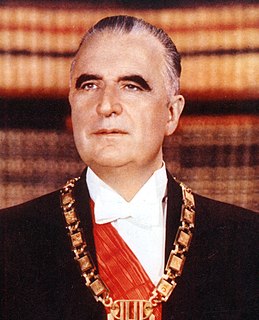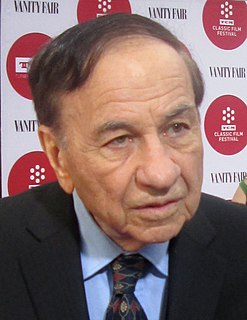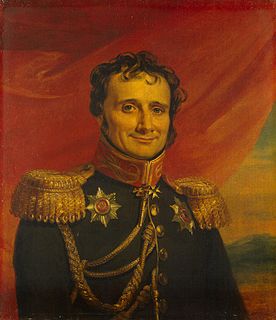A Quote by Charles Kennedy
My favourite novel is Frederick Forsythe's Day Of The Jackal, the story about the unproven case of this apparent Englishman who was hired to assassinate De Gaulle?.
Related Quotes
The average detective story is probably no worse than the average novel, but you never see the average novel. It doesn't get published. The average -- or only slightly above average -- detective story does.... Whereas the good novel is not at all the same kind of book as the bad novel. It is about entirely different things. But the good detective story and the bad detective story are about exactly the same things, and they are about them in very much the same way.
In the case of my second film The Fish Child (El Niño Pez), I had written the novel about 5 years before I made into a film. In the case of The German Doctor I had published the novel a year before I started writing the script, I even had another project to shoot. But I had this idea of the powerful cinematic language from the novel that I couldn't let go of.
But novels are never about what they are about; that is, there is always deeper, or more general, significance. The author may not be aware of this till she is pretty far along with it. A novel's whole pattern is rarely apparent at the outset of writing, or even at the end; that is when the writer finds out what a novel is about, and the job becomes one of understanding and deepening or sharpening what is already written. That is finding the theme.
A short story is a sprint, a novel is a marathon. Sprinters have seconds to get from here to there and then they are finished. Marathoners have to carefully pace themselves so that they don't run out of energy (or in the case of the novelist-- ideas) because they have so far to run. To mix the metaphor, writing a short story is like having a short intense affair, whereas writing a novel is like a long rich marriage.
People always have these debates about who their favourite rapper is. And I think it's based upon what mood that particular person is in. If someone's favourite rapper is a lyricist then they're focused on rhymes or substance. If someone's favourite rapper is a party rapper, you know, someone who makes music about the clubs... "Oh, he's my favourite rapper". No, his subject matter is your favourite.
Philip Galanes makes his debut with a novel that is both heartbreaking and deftly comic, the story of a young man struggling with his most primitive desires--wanting and needing. It is a novel about the complex relationships between parents and children, a story of loss and of our unrelenting need for acknowledgment, to be seen as who we are. And in the end it is simply a love story for our time.
It is certainly of great importance for a general to keep his plans secret; and Frederick the Great was right when he said that if his night-cap knew what was in his head he would throw it into the fire. That kind of secrecy was practicable in Frederick's time when his whole army was kept closely about him; but when maneuvers of the vastness of Napoleon's are executed, and war is waged as in our day, what concert of action can be expected from generals who are utterly ignorant of what is going on around them?

































